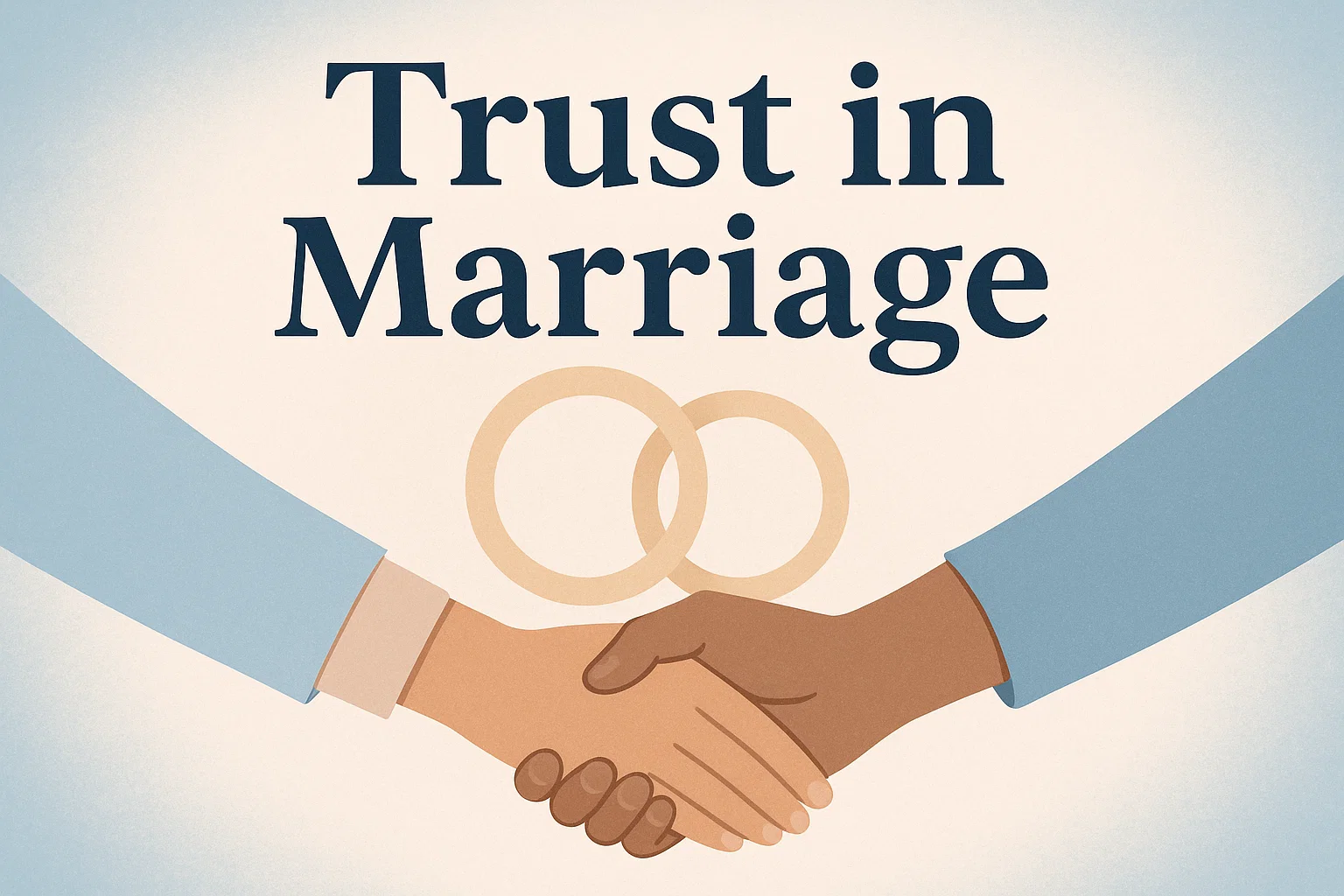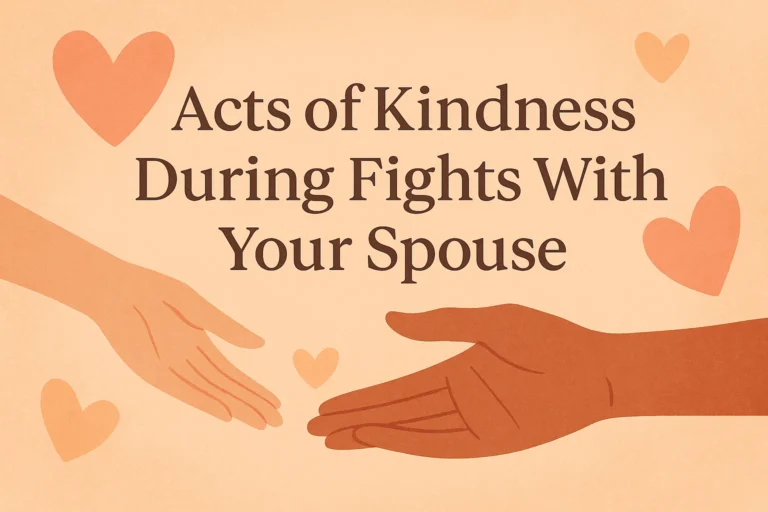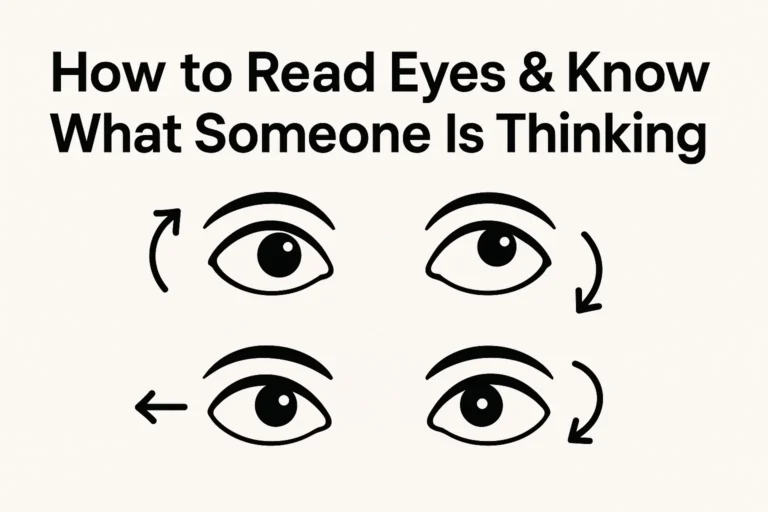Best Marriage Advice Tips 7 Essential Rules for a Trustworthy Relationship
Alright, let’s be real for a second. Marriage is awesome. It’s also, on occasion, incredibly, mind-bogglingly frustrating. You’re essentially agreeing to build an entire life with another human being who, news flash, is not your clone. They have their own weird habits, strange opinions on how to load a dishwasher, and an uncanny ability to forget to put the milk back in the fridge.
Ever found yourself staring at the ceiling at 2 AM wondering how you got into a heated debate about the correct way to fold a towel? Yeah, me too. That’s why we’re not talking about grand, sweeping romantic gestures today. We’re talking about the real, gritty, day-to-day stuff that forms the bedrock of a truly trustworthy relationship. This is the marriage advice that actually sticks.
So, grab a coffee, get comfy, and let’s break down the 7 essential rules that keep a relationship strong, secure, and honestly, a lot more fun.
Rule #1: Talk With Each Other, Not At Each Other
This seems like a no-brainer, right? But IMO, this is the biggest trip-up for most couples. There’s a massive canyon of difference between talking at someone and truly talking with them.
Talking at someone is a monologue. It’s you downloading your day, your frustrations, your needs, while your partner just acts as a soundboard. Talking with someone is a dialogue. It’s a two-way street built on active listening.
How to make it work:
- Put the phones down. Seriously. I know, I sound like your dad. But you cannot actively listen to your person while simultaneously scrolling through memes. Give them your full attention. It’s the highest form of respect.
- Listen to understand, not to respond. This is the golden rule. Often, we’re just waiting for our turn to talk, formulating our counter-argument while they’re still speaking. Instead, try to hear the emotion behind the words. Are they hurt? Scared? Excited? Respond to that.
- Validate their feelings. You don’t have to agree with them to validate how they feel. A simple, “Wow, that sounds really frustrating, I can see why you’re upset” is like emotional magic. It tells them they’ve been heard.
Think about the last time you had a real, deep, uninterrupted conversation. Felt good, didn’t it? That’s the goal. Every single day.
Rule #2: Become a Master of the Repair Attempt
Newsflash: you’re going to fight. Arguing isn’t a sign of a bad marriage; it’s a sign that you’re two separate people with individual perspectives. The key isn’t to avoid conflict altogether (impossible), but to learn how to repair the connection after a rupture.
A “repair attempt” is any statement or action that prevents negativity from spiraling out of control during a conflict. It’s basically hitting the brakes before you crash.
Some of my favorite repair attempts include:
- Making a silly, self-deprecating joke (when the timing is right, of course).
- Saying, “Hey, I feel like we’re getting off track. Can we take a breath?”
- A simple, “I’m sorry,” or “You’re right about that part.”
- Reaching out and holding their hand in the middle of a tense discussion.
The success of a marriage isn’t determined by whether you fight, but by how you repair the relationship after a fight. Mastering this one skill is a total game-changer.
Rule #3: Keep Your Word on the Small Stuff
Trust isn’t built in one grand moment. It’s built brick by brick through a thousand tiny moments. And nothing erodes trust faster than consistently failing to do the small things you said you’d do.
If you say you’re going to take the trash out, take it out. If you promise to call on your lunch break, try your best to call. If you agree to pick up milk on the way home, for the love of all that is holy, get the milk.
It’s never about the trash or the milk. It’s about demonstrating that you are reliable. That your word means something. When you follow through on the small things, your partner learns they can trust you with the big things—their deepest fears, their biggest dreams, their most vulnerable moments.
Rule #4: Maintain a Positivity Ratio of 5:1
This gem comes from the legendary relationship researcher Dr. John Gottman. He discovered that stable, happy marriages have a very specific ratio of positive to negative interactions: 5 to 1.
For every one negative interaction (a criticism, a snide remark, a moment of irritation), there need to be five positive ones to balance it out. Positive interactions are the lifeblood of your connection. They are:
- A warm hug when you first see each other.
- A genuine compliment. (“Hey, you look nice today.”)
- Showing interest in their hobby. (“How did that project you were working on turn out?”)
- A text message just to say you’re thinking of them.
- A kiss goodbye.
Think of your relationship like a emotional bank account. Negative interactions are withdrawals. Positive interactions are deposits. You always want to be in the black. FYI, chronically unhappy marriages? Their ratio is a bleak 0.8:1. They’re making more withdrawals than deposits, and eventually, they go bankrupt.
Rule #5: Protect Your Unity in Public and Private
This is a two-part rule about being a team, no matter what.
In Public: This means you always have each other’s backs. You don’t make fun of your partner or tell embarrassing stories about them to friends, even as a “joke.” You don’t correct them or argue with them in front of other people. You present a united front. Any issues are discussed behind closed doors, period. This creates a safe space where your partner knows their dignity is always protected with you.
In Private: This is about how you talk about your relationship to yourself. Do you constantly vent about your partner’s flaws to your friends or family? Do you keep a mental tally of their wrongdoings? That internal narrative is powerful. Instead, make a conscious effort to brag about them. Talk about something they did that you appreciated. Focusing on your partner’s positive qualities literally trains your brain to see more of them.
Rule #6: Never Stop Dating
Remember when you first started dating? You planned fun activities. You got dressed up. You were intentional about creating romance and connection. Then life happens. Jobs, kids, mortgages, and suddenly a “date night” is sitting on the couch half-watching a show while you both scroll on your phones.
You have to fight for the fun. Schedule it if you have to! It doesn’t have to be fancy or expensive.
- Try a new recipe together.
- Go for a hike.
- Have a board game night.
- Just drive somewhere and get lost for an afternoon.
The activity is irrelevant. The point is to intentionally create space for connection without the distractions of daily life. It’s a chance to remember why you liked each other in the first place. And hey, if all else fails, recreating your first date usually works pretty well 🙂
Rule #7: Assume the Best, Not the Worst
Here’s a common scenario: Your partner is late coming home and didn’t call. Your mind immediately goes to the worst-case scenario. “They’re so inconsiderate! They don’t care that I’ve been waiting! They never think about me!”
What if you instead assumed the best? “Wow, they must be stuck in terrible traffic. That sucks for them. Or maybe they had a last-minute work emergency. I hope they’re okay.”
See the difference? The first assumption leads to resentment and a fight the second they walk in the door. The second assumption leads to concern and a welcoming, “Hey, everything okay? I was getting worried!”
We often interpret our partner’s actions through a filter of our own insecurities. Choosing to assume that your partner is on your team, that they are a good person with good intentions, even when they mess up, changes everything. It transforms potential conflicts into moments of connection and grace.
—
So, there you have it. No magic potions or secret handshakes. Just seven practical, down-to-earth rules that build a fortress of trust around your relationship.
It’s about choosing to talk, to repair, to follow through, to be positive, to protect, to date, and to assume the best. Even on the days when you really, really want to argue about towel-folding techniques.
What’s one small thing you can do today to put one of these rules into practice? Go on, I dare you. Your marriage will thank you for it. 🙂







